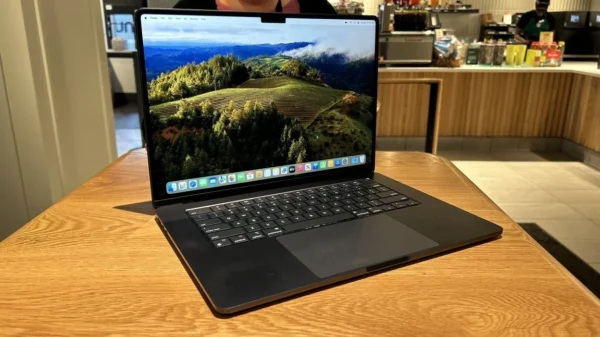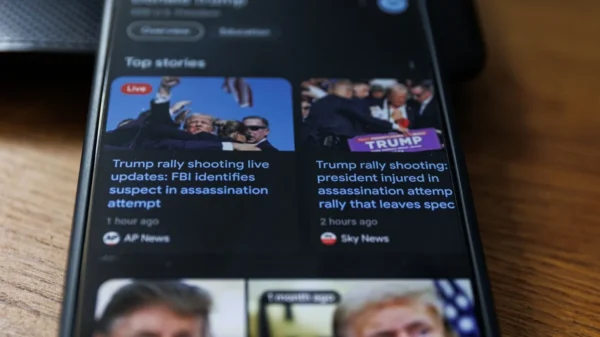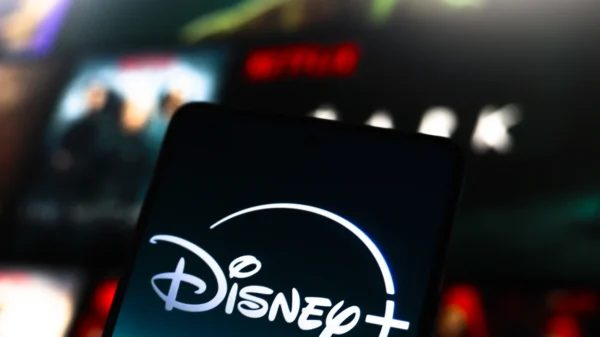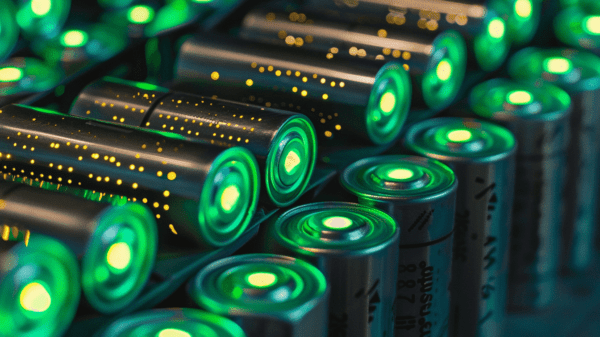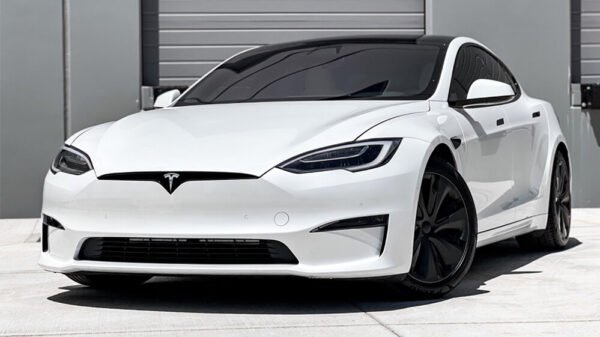The technology company Apple, and the company that manufactures much of its devices, Qualcomm, are engaged in the beginning stages of a legal battle that could have serious implications on the relationship between the two companies, and potentially on customers as well.
In January of this year, Apple filed a one billion dollar lawsuit against Qualcomm, alleging that Qualcomm had been engaging in monopolistic business practices by inflating the prices for royalties on patent licenses, charging Apple several times more than other licensors of patents. Apple’s lawsuit came after the FTC declared that Qualcomm illegally obtained an advantage over their competitors by forcing smartphone manufacturers to accept anti-competitive agreements. One of these manufacturers was Apple, who, according to the FTC, was forced to agree to use exclusively modem chips manufactured by Qualcomm for the next several years, in exchange for several billion dollars in conditional rebates. In response to the FTC’s declaration, Qualcomm denied the allegations, asserting that they had “never withheld or threatened to withhold chip supply in order to obtain agreement to unfair or unreasonable licensing terms.”
In Apple’s strongly worded statement concerning their lawsuit against Qualcomm, they accused the company of “charging royalties for technologies they have nothing to do with,” in reference to Apple’s implementation of features such as Touch ID and the Retina Display, and claimed that Qualcomm had withheld “nearly $1B in payments from Apple as retaliation for responding truthfully to law enforcement agencies responding to them.” Additionally, Apple claimed that they “had no choice left but to turn to the courts” in order to attempt to resolve the dispute with Qualcomm. Following Apple’s January statement, Qualcomm’s stock dropped by around two and a half percent as investors expressed uncertainty about the financial future of the company.
Now, several months later, Qualcomm has decided to respond to Apple’s lawsuit with a countersuit of their own. While Qualcomm acknowledges that Apple has made significant innovations in the consumer electronics industry, they claim that Apple’s innovations could not have been possible without their licensing of technology developed by Qualcomm, and as such, Apple has no grounds to claim that Qualcomm unfairly profited off of their licensing of the relevant technologies. Additionally, Qualcomm argues that Apple made false claims about Qualcomm, to law enforcement agencies and to the public, in order to encourage regulatory action in a number of countries around the world, and misrepresented the performance of Qualcomm chips by underutilizing them in the iPhone 7. Although some models of the iPhone 7 used Qualcomm-branded chips and some models used Intel-branded chips, Apple has claimed that the performance of both phones is the same and the performance of neither phone is artificially limited, although Qualcomm denies that this is the case.
It’s difficult or impossible to say how the courts will decide to act in response to these lawsuits. One of the potential consequences of this legal battle is a shift from Apple’s reliance on Qualcomm chips in their devices to a reliance on Intel chips. Intel has, for years, been competing with Qualcomm for Apple’s attention. As Intel already provides Apple with much of the manufacturing technology used in their devices, the former company has a potential opportunity to augment the scale of their production relationship with Apple depending on the outcome of the litigation.
Additionally, as Apple alleges that Qualcomm illegally charges an excessive price for licenses on patented technologies, and as a consequence passes those expenses on to the consumer, if the courts rule in Apple’s favor the company could be able to charge a lesser amount for their products, at Qualcomm’s expense.
However the courts rule, it is clear from the extent and scale of the litigation that the future relationship between these two business partners is, at best, uncertain.
Featured image via Wikimedia

